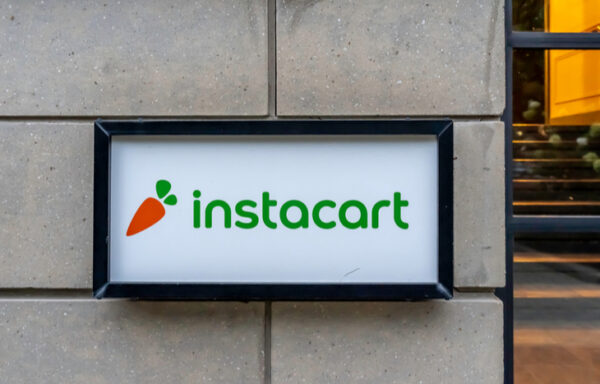These Super-Safe Stocks Offer the Highest Returns
- Many investors are feeling a bit gun-shy as the coronavirus crisis continues to cause gut-wrenching market volatility.
- But, as Alexander Green explains today, one particular investment strategy both is super-safe and can offer mega returns.
More than a few equity investors are feeling a little gun-shy right now. And it’s hard to blame them.
First, stocks experienced the coronavirus crash, the fastest bear market on record.
The coronavirus bounce came next, a super-quick 27% rally off the low that came out of the blue.
Now we have the coronavirus shake, where stock trading is volatile and mixed.
Every big up day in the market seems to be followed by a big down day.
No one likes to get whipsawed.
Financial markets hate uncertainty, of course. But uncertainty is all we’ve got right now, unfortunately.
No one knows when the economy will reopen, or how many employees will be rehired, or when retail sales will pick up again, or what corporate earnings will be this quarter… or this year.
That last part is particularly frustrating for equity investors.
How can you determine whether a stock is undervalued or overvalued without a reasonable earnings estimate?
There is a tried and proven way, but it’s seldom used anymore: discount to book value.
The book value of a company is the value of its assets minus its liabilities.
If a stock trades below that number, it’s said to be trading at “a discount to book.”
If it trades above that number, it’s said to be trading at “a premium to book.”
The typical company in the S&P 500 sells for about 2.8 times book value today.
So a company selling at a discount to book is definitely in the bargain bin.
Some market darlings – like Amazon (Nasdaq: AMZN) and Netflix (Nasdaq: NFLX) – trade at huge multiples of book value.
Amazon, for instance, sells for 19 times book. Netflix sells for 25 times book.
That’s because technology companies tend to be asset light. They don’t have a lot of money tied up in physical assets like factories and office buildings, or commodities, or cash.
Yet stocks that trade at a discount to book value generally offer something other companies don’t: a big margin of safety.
In a worst-case situation, a company goes out of business and into liquidation.
Creditors get paid first. Shareholders divide what is left over.
And there is far more likely to be something there for shareholders if they bought the stock substantially below assets minus liabilities.
Of course, few people – aside from the rare “vulture investor” – actively seek out companies headed into oblivion with an eye to picking through the scraps.
While you don’t want to overpay for a stock, you also don’t want to fall into the so-called “value trap.”
That’s when a company carries a rock-bottom valuation – but only before the business actually hits rock bottom.
About Alexander Green
Alexander Green is the Chief Investment Strategist of The Oxford Club, the world’s largest financial fellowship. For 16 years, Alex worked as an investment advisor, research analyst and portfolio manager on Wall Street. After developing his extensive knowledge and achieving financial independence, he retired at the age of 43.
Since then, he has been living “the second half of his life.” He runs The Oxford Communiqué, one of the most highly regarded publications in the industry. He also operates three fast-paced trading services: The Momentum Alert, The Insider Alert and Oxford Microcap Trader. In addition, he writes for Liberty Through Wealth, a free daily e-letter focused on financial freedom.
Alex is also the author of four New York Times bestselling books: The Gone Fishin’ Portfolio: Get Wise, Get Wealthy… and Get On With Your Life; The Secret of Shelter Island: Money and What Matters; Beyond Wealth: The Road Map to a Rich Life; and An Embarrassment of Riches: Tapping Into the World’s Greatest Legacy of Wealth.






